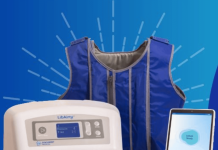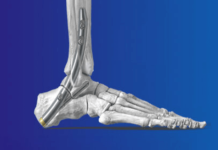Scotland-based Neuranics has secured $8m in seed funding to expedite the growth and commercial adoption of the tunnelling magnetoresistance (TMR) magnetic sensing technology.
Blackfinch Ventures spearheaded the funding round, with contributions from Archangels and ongoing support from the University of Glasgow, Par Equity, and Old College Capital, the venture investment fund of the University of Edinburgh.
Related: Puzzle Medical Devices raises $30 million for heart pump
These funds are earmarked for the company’s next growth phase, which includes bolstering the team, innovation, and the TMR technology integration into various high-tech markets, particularly in wearables, extended reality (XR), and digital health sectors.
Neuranics noted that its sensors are low-power, scalable, ultra-sensitive and capable of identifying minuscule magnetic signals from the human body.
These sensors allow for muscle activity tracking for gesture identification and monitoring heart signals without the need for skin contact.
The technology offers improvements over traditional methods in terms of accuracy, power efficiency, and the potential for continuous monitoring.
With this latest capital injection, the company is set to improve its technology and solidify partnerships with the global XR and semiconductor industries.
Neuranics was founded in 2021 as the first joint spinout of the University of Glasgow and the University of Edinburgh.
Neuranics CEO Noel McKenna said: “This investment marks a significant step forward as we continue pioneering new applications for magnetic sensing. With the support of our investors, we are expanding our team, advancing our technology, and bringing our solutions closer to widespread adoption.”
In December 2023, the company announced the launch of a new magnetic sensor development kit tailored to record and wirelessly transmit the heart’s magnetic activity via Bluetooth for continuous recording and analysis on various devices.




